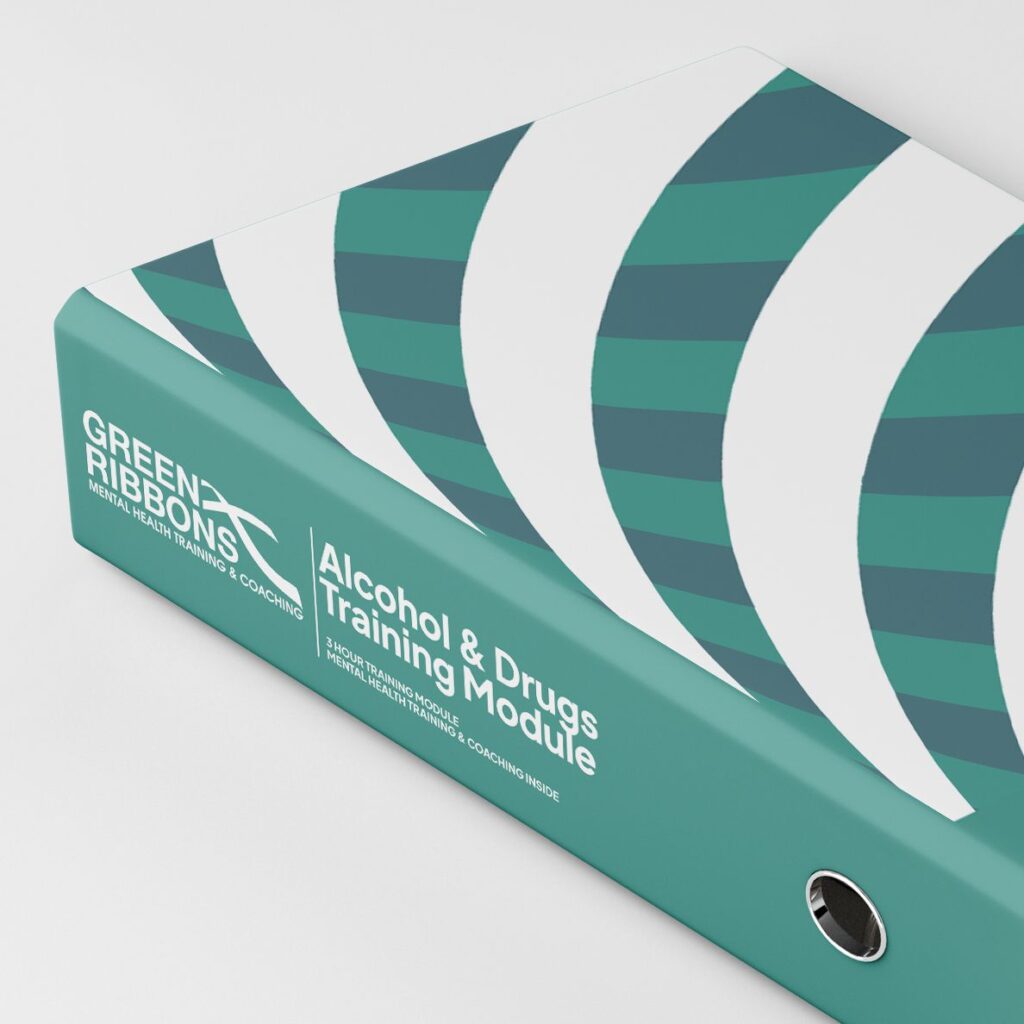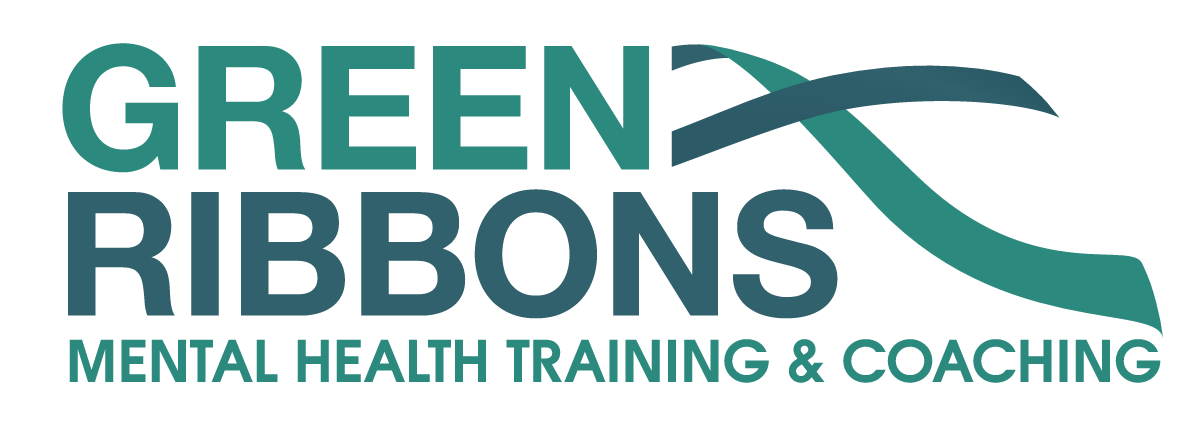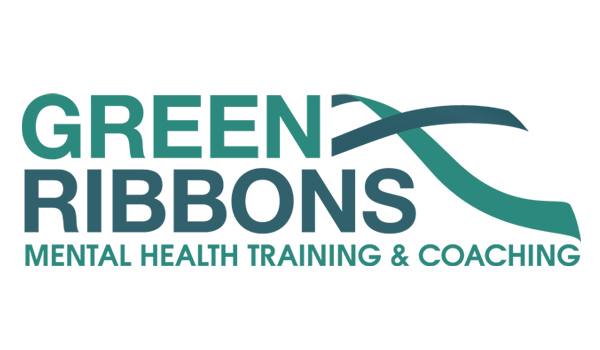Substance Use: Training Module

This comprehensive, stand-alone course is designed to provide you with essential knowledge, skills, and techniques to recognise, understand, and assist individuals who may be struggling with substance use and addiction. With the increasing prevalence of substance abuse and its significant impact on mental health, it is crucial for people to be equipped with the necessary tools to provide support and care to those in need. As a participant in the Substance Use Module, you will engage in interactive discussions, case studies, and practical exercises that will enhance your ability to recognise when someone is struggling with substance abuse and empower you to provide appropriate first aid interventions.
Throughout this course, you will gain insight into the complexities of substance use, abuse, and addiction, as well as the co-occurring mental health conditions that often accompany these issues. Learn to identify the signs and symptoms of substance abuse, understand the factors that contribute to addiction, and become familiar with a wide range of treatment options and resources. Whether you are a concerned friend, family member, or colleague, this Module will equip you with the knowledge and skills to play a critical role in promoting mental health and well-being for those affected by substance use and addiction.
What’s on this page?
- The Problem: Common attitudes towards Substance Use
- Attitudes to Substance Use: Why should you undertake this training?
- Three Hour Module: Substance Use
- What does the “Substance Use” Module Cover?
- How does the “Substance Use” module work?
- Why train with Green Ribbons?
- Get in Touch to Find out More
- Contact Form
Course Basics
- 3 Hour Course
- Groups of 8-16
- Suitable for Businesses, Organisations & Groups
What is: Substance Use in the mental health context?
In the mental health context, alcohol and drugs refer to substances that can have a significant impact on an individual’s mental, emotional, and physical well-being. Alcohol and drugs can be classified into several categories, such as depressants, stimulants, and hallucinogens, and can include both legal substances (e.g., alcohol, nicotine, and prescription medications) and illegal substances (e.g., marijuana, cocaine, and heroin).
The use and misuse of alcohol and drugs can have a wide range of effects on mental health: Prolonged or excessive use of alcohol or drugs can lead to the development of substance use disorders, characterised by a compulsive and harmful pattern of substance use that interferes with daily functioning and well-being; Individuals with mental health disorders, such as depression or anxiety, may be more vulnerable to developing substance use disorders, and vice versa. This is often referred to as a co-occurring disorder or dual diagnosis, and addressing both the mental health disorder and the substance use disorder is crucial for effective treatment.
Alcohol and drug use can temporarily worsen the symptoms of existing mental health conditions or contribute to the development of new symptoms, such as increased anxiety, mood swings, or suicidal thoughts; Intoxication from alcohol or drugs can impair judgment, increase impulsivity, and lead to risky behaviours, which can have negative consequences for mental health and overall well-being; Regular use of certain substances can lead to physical and psychological dependence, and withdrawal symptoms can be challenging to manage and may exacerbate existing mental health issues.
In the mental health context, it is essential to recognise the complex relationship between alcohol and drug use and mental well-being. Treatment approaches for individuals with co-occurring mental health and substance use disorders often involve a combination of psychotherapy, medication, support groups, and lifestyle changes, tailored to address the unique needs and challenges of each person.
The Problem: Common attitudes towards Substance use issues
Negative & damaging attitudes towards substance use in the Mental Health context are common: There's something you can do for yourself, your friends, your family and your colleagues...
Substance use: Why should you undertake this training?
By participating in this stand-alone module, you will gain valuable insight into the intricacies of the interplay between substance use and mental health issues and develop a deeper understanding of the support systems that can contribute to the well-being of individuals experiencing mental health challenges. This course will enable you to develop the confidence and competence to approach individuals who may be at risk, offer compassionate assistance, and guide them toward professional help when necessary.
The Good news: There is a training module which will enhance your understanding, and foster empathy and support for those experiencing mental health challenges
Three Hour Module: Substance use
The “Substance use” module is a comprehensive and enlightening course tailored to address the unique challenges faced by individuals struggling with substance use and addiction in our community. Participants will leave the course with the knowledge, skills, and empathy necessary to support friends, family members, and colleagues on their journey towards recovery. By engaging in this transformative learning experience, you’ll play a vital role in fostering a more informed and compassionate society, where everyone has the opportunity to lead healthier, happier lives.
Throughout this course, you’ll delve into the complex nature of addiction, learn to recognise early signs and symptoms of substance use, and develop effective communication techniques to engage with those in need. You’ll also gain insight into the available treatment options and resources, empowering you to guide individuals towards appropriate professional help. By choosing to participate in this module, you’re not only investing in your personal growth but also contributing to a more supportive and understanding community that can change lives for the better.
What does the “Substance use” Module Cover?
How does the "Substance use" module work?
Duration
The module takes 3 Hours, providing a focussed and comprehensive learning experience.
Small Group Sizes
Classes, of 8-16, are kept small to facilitate personalised attention, encourage active participation, and foster a supportive learning environment.
Interactive Learning
The course features a mix of presentations, group discussions, case studies, videos, and role-playing exercises to ensure a practical, hands-on learning experience.
Confidentiality
Instructors maintain a safe and confidential space for participants to share their experiences and ask questions without judgment.
Ready to find out more? Contact Us Today
Why Train with Green Ribbons?
Unraveling the Threads of Mental Well-being
Green Ribbons is dedicated to delivering high-quality Mental Health First Aid training in Scotland, empowering individuals to recognise mental health challenges, provide support, and foster a culture of empathy and understanding. By tying together knowledge, empathy, and resilience our accessible mental health training promotes understanding, reduces stigma, and enables individuals, businesses and communities to prioritise mental well-being. Everyone benefits from Mental Health Awareness Training
Our Experience
- 30 Years working within the Mental Health sector
- Experience across a range of Third-Sector Organisations
Our Specialties
- Scotland’s Mental Health First Aid (SMHFA)
- Tailored SMHFA Training
- Individual Mental Health Awareness Modules
- One-to-one Training & Coaching
Our Approach
- Empathy & compassion
- Inclusive
- Evidence-based and up-to-date
Our Areas
- Moray
- Highland
- Aberdeenshire
- Aberdeen City
- …across Scotland
07726 780800
Call
Call us for an Informal chat about Scotland’s Mental Health First Aid and Mental Health Awareness Training
- We can discuss how SMHFA can benefit your organisation and explore options
info@greenribbons.co.uk
@GreenRibbonsHQ
Socials
- Facebook: @GreenRibbonsHQ
- Twitter: @GreenRibbonsHQ
- Instagram: @GreenRibbonsHQ







